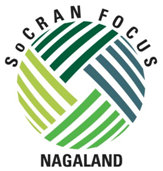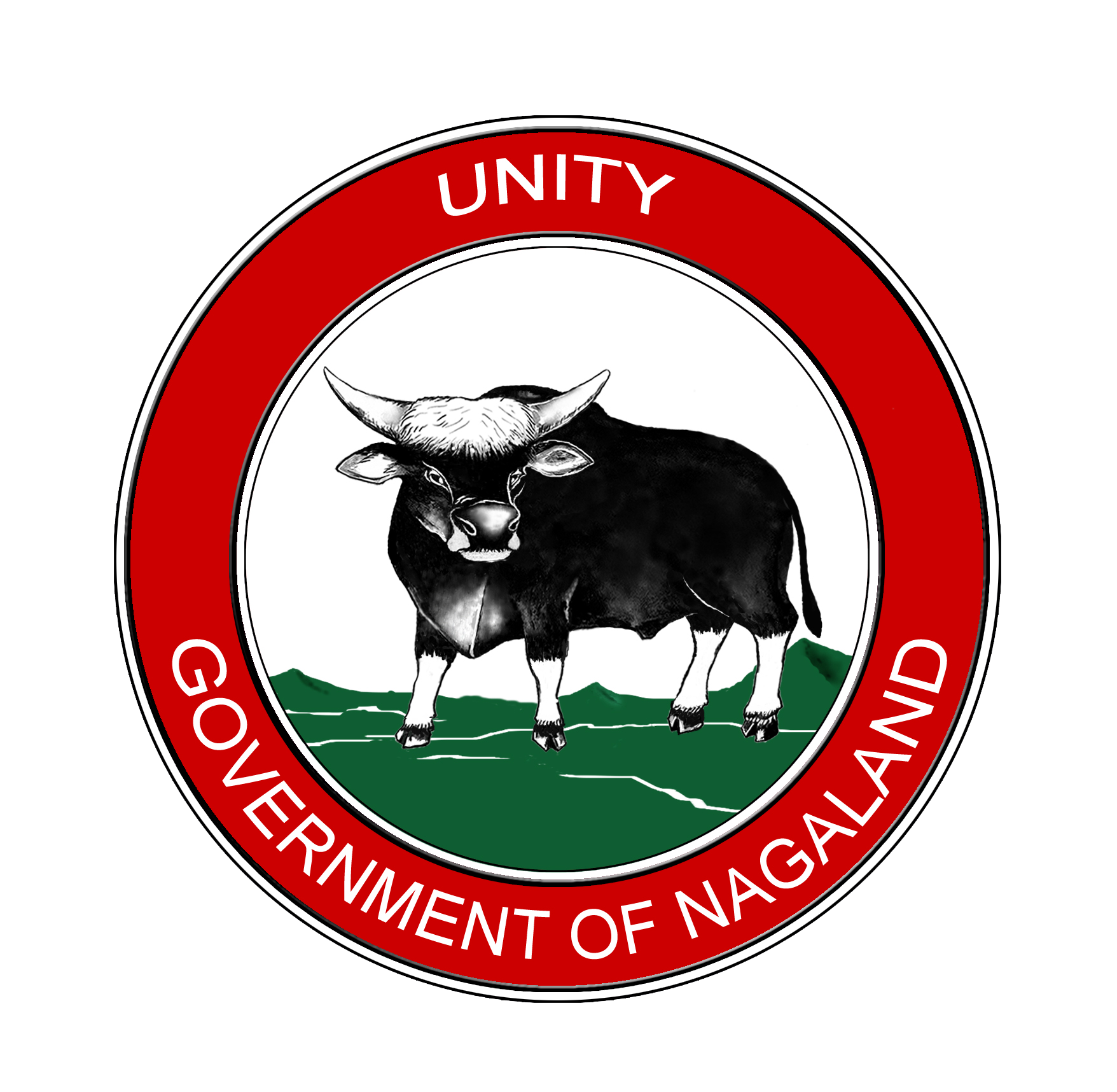Name of the society
Society for Climate Resilient Agriculture in Nagaland (SCRAN)
Area of operation
The area of operation of Society for Climate Resilient Agriculture will be the eight districts of Nagaland and any other location in Nagaland as needed for value chain development. The districts of Nagaland to be directly covered by the field operations are Mon, Longleng, Zunheboto, Wokha, Kiphire, Phek, Mokokchung and Kohima
General Scope and Application of the Bye Laws of the Society
(1) These byelaws shall extend to all the units and activities of the Society for Climate Resilient Agriculture in Nagaland.
(2) These byelaws shall come into force from the date on which the Society is registered under the Societies Registration Act, 1860
(3) The Society will be under overall administrative control of the Government of Nagaland.
(4) The Government of Nagaland will have absolute and overriding power in respect of Appointment, change and removal of members as also in formation of Committees and Sub-committees under the byelaws mentioned
hereinafter. States can nominate their nodal officer.
(5) The activities and accounts of the Society shall always be open for verification by the Government of Nagaland.
(6) The Government of Nagaland shall have the power to issue such directions/instructions as may be deemed necessary in proper functioning of the Society.
Functions of the Society:
(a) Take all such actions and to enter into all such actions as may appear necessary or incidental for the implementation of the projects of the Society and in particular for the achievement of the vision and objectives referred to
in the objectives of the Soc iety.
(b) Formulate guidelines for implementation of the various programs of the Society;
(c) Act as Guardian of rules and ―non-negotiable principles‖ of ‗Fostering Climate Resilient Upland Farming Systems in Nagaland‘ (FOCUS), and enforce the rules and guidelines for the implementation of the project;
(d) Cause creation and development of District Level societies/District Units, including coordinating and guiding their functioning;
(e) Accept or provide any grant of money, loan, securities or property of any kind and to undertake and accept the management of any endowment trust, fund or donation not inconsistent with the objectives of the Society.
(f) Purchase, hire, take on lease, exchange or otherwise acquire property, movable or immovable and construct, alter and maintain any building or building as may be necessary for carrying out the objectives of the Society.
(g) Open bank account, along with the signatories to the account;
(h) Receive funds from the Government of India/ State Government of Nagaland/ Other Government Corporations/Councils/Societies or other sources through budget releases and release money to the District Societies/District Units based on their requirement and utilization of funds previous released;
(i) Incur expenditure after drawing up a budget and with due regard for economy and propriety.
(j) Make rules and regulation for the conduct of the affairs of the Society and add or amend, vary or rescind them from as and when required.
(k) Establish its own organizational structure, offices and employ, retain or dismiss personnel as require, decide salary and benefit structure for the Society.
(l) Accept, make, enclose or otherwise execute cheques, drafts, receipts, bills of exchange or other instruments and securities as required for the conduct of the business of the Society.
(m) Enter into contracts without a requirement for government approval, other than by Government representatives on the Executive committee and undertake any legal action that may be necessary to ensure the fulfillment of contracts made between the Society and others.
(n) Exercise overall responsibility for management of all projects on behalf of the Government of Nagaland within the framework of project guidelines.
The objectives for which the Society is established are as follows :-
(1) To implement ‗Fostering Climate Resilient Upland Farming Systems in Nagaland‘ (FOCUS), an IFAD assisted project in accordance with the Project Design and the Project Implementation Manual.
(2) To promote Improved Jhum management
(3) To provide market access and promote value chain for the agriculture produce of the rural areas
(4) To promote livelihood projects and create enabling conditions for the poor especially women to economically and socially empower them through appropriate livelihood options.
(5) Establish, strengthen and empower community based institutions/grassroots institutions based on widespread inclusive community participation especially of poor, women and other vulnerable groups
(6) To organize community groups among urban poor for enhanced livelihood options.
(7) Promote collective action through community based organization for economic and social purposes.
(8) Strengthen capacity of communities for participatory activities for economic empowerment by enhancing their livelihood opportunities and incomes through farm and non-farm activities.
(9) To promote market linkages for agricultural and rural non-farm products of the community based organizations of the poor.
(10) Promote community driven development interventions for fostering equity in the distribution of wealth, natural resources and common facilities.
(11) Creation of capital assets at household and community level through use of local resources particularly rural technology and participatory processes.
(12) To promote linkages with micro finance institutions and banks for delivery of financial services to the rural and urban poor.
(13) Appropriate vocational skill training to youth after proper demand assessment to facilitate employability and create options for non-farm livelihoods.
(14) Natural resources management, with special emphasis on community-based forestry management, Non Timber Forest Produce (NTFP).
(15) To provide technical assistance and seed capital for value-addition activities in the downstream segments of relevant supply-chains.
(16) To promote partnership and linkages with organizations and bodies of local regional, national and international which will promote the objectives of the society
(17) To access funds from Government and semi-government sources, local bodies, banks and other financial institutions, trusts and any other legally constituted odies Act the State, national, and international levels engaged in lawful activities to promote the society‘s‘ objectives.
(18) To receive loans, grants, donations and technical services from any bilateral, multilateral, and international bodies such as governments, United Nations, World Bank, International Financial Corporation and other bodies for promotion of livelihoods and natural resource management.
(19) To document and implement best practices for poverty eradication appropriate to the North Eastern Region.
(20) To invest in small scale local infrastructure in project areas that are essential to promote the objectives of the Society.
(21) Support Panchayati Raj institutions and other forms of local self government for responsive effective and transparent service delivery
(22) To bring in convergence among various poverty reduction and empowerment projects
(23) To build support and services structures for providing social and technical guidance to the poor in their overall social progress and livelihood development
(24) Support village governments in becoming more responsive and effective in delivery of services and assisting the rural poor especially women;
(25) To undertake all relevant activities, including implementation of specific projects funded by government, bilateral, multilateral and other funding agencies for elimination of poverty, and livelihood development of the poor.


